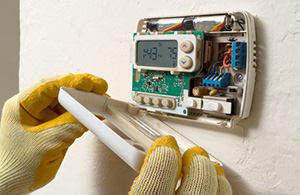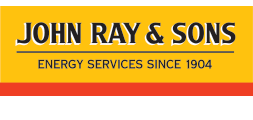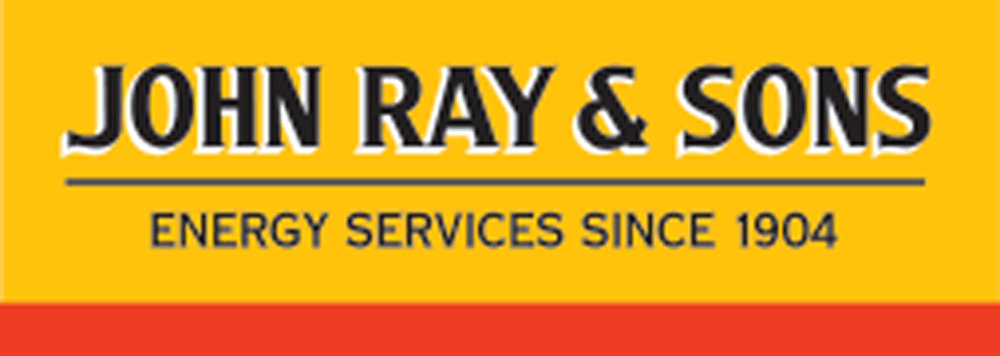Common furnace problems and how to handle them.
 We’ve put together some of the most common problems that homeowners have with their furnace heating systems and some ways to resolve them.
We’ve put together some of the most common problems that homeowners have with their furnace heating systems and some ways to resolve them.
- Circuit breaker – These can be easily tripped which turns them when overloaded. If this happens, check your circuit breaker by opening your electrical circuit breaker box and seeing if any of the switches are tripped and in the “off” position. If you have an old home, you may need a new circuit board or a furnace system that doesn’t require as much power.
- Thermostat is not working – Sometimes we can forget to turn on the thermostat. Switching it on will reactivate your home heating system, returning your home to a comfortable temperature. The thermostat could also just stop working, not reading switches correctly or sending a signal to the home heating system. A trained professional should resolve these issues.
- Burner flame – Without a consistent and steady burner flame, your home will not be heated, and your home furnace system will begin wasting fuel. Proper maintenance of the burner flame mechanism includes a thorough cleaning, replacement of non-working components, and a complete functionality check best done by qualified professionals.
- Safety switch or limit switch – This turns off the furnace if there is a risk of overheating, which can happen with older systems or if more square footage has been added to a home with an outdated heating system. You may need a new heating system to help resolve this issue.
- Clogged filters – These will block warm air from flowing throughout the home and filters that have been ignored for a long time can become a safety concern. Have a professional replace filters every year by performing an annual tune-up.
- Furnace placement maintenance – The area around your furnace must always be clean and free from debris. Moisture and dust wear down metal components, while also risking a potential fire hazard. Make sure, as part of annual maintenance, to thoroughly clean the area around the furnace. Additionally, placing any storage items in or around your furnace makes maintenance and servicing more difficult for you and technicians.
- Heating and rapid cycling – The heating cycle is a succession of starts and stops that allows heat to build up, then be moved from the furnace system to the rest of your home. If your home is heated too quickly, your system will stop producing warm air fast enough. This results in deep temperature drops throughout the day, called “rapid cycling.” A proper heating cycle will not be too quick, the length of which is determined by the size of the home. This is an adjustment made when the furnace system is installed, and best done by a trained technician.
- Furnace blower – This circulates heat generated by the furnace throughout your home. If the motor or fan is not working properly, a home furnace system can overheat. A trained technician can check the electrical supply, along with the flow of heated air throughout your duct system.
- Vents and ducts – Often ducts can be torn or dislodged, allowing heat to escape to spaces in the walls and attic. This puts a larger burden on your home heating system as it uses more fuel to heat your home. If a vent is blocked by debris or not working properly, it will not transfer the heat generated by your furnace. This will also result in higher fuel costs. Make sure to get ducts and vents cleaned annually.
- Electric ignition or pilot control – Without a properly functioning pilot or ignition, your home furnace system cannot heat your home. Crucial elements to check when maintaining your electric ignition or pilot control include ensuring the power source is unimpeded, on-and-off switches are completely opening and closing the flow of fuel. To avoid having the ignition or pilot stop working have a technician complete an end-to-end furnace check that includes this component.
Having your furnace tuned up annually by a professional technician is the best way for you to stay warm at home, save on energy costs and enjoy total peace of mind all winter. Contact us today to schedule your annual heating system tune-up or take advantage of special offers to install the latest, most energy-efficient heating system.


